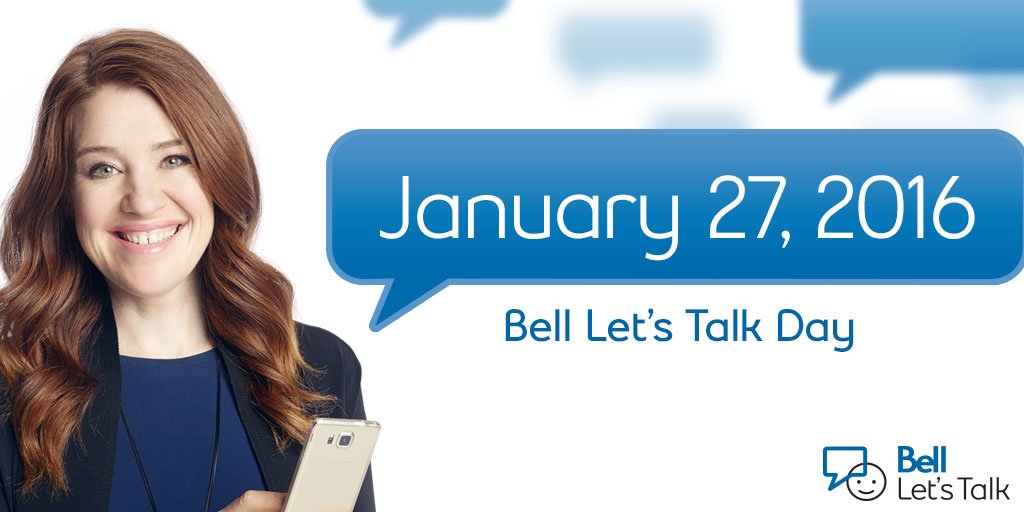---
As many of you know, I've been in Regina for just over three years now. It's been quite the journey and I love it. Regina has treated me well. I really enjoy it here. Does that mean I never miss my small town? Absolutely not. There is alot of things I miss that only those who have experienced a true small town know about. But I'm here now. And I'm glad for it. Regina has allowed me to accept Jesus Christ, establish lifelong relationships, and guide me in the direction I want to take my life. I've met some pretty amazing people - including more best friends than I ever had, growth in my family relationships, and hey, I even found myself a gentleman.
But not all things have been rainbows and unicorns. For as much as I thought Regina would fix me, there was still something up with me that I knew was not normal. For about a year now, I've been diagnosed with type II bipolar disorder with treatment for manic depression. This was so hard to accept. Between seeing doctors, drowning in psychologists, and a couple trips to the psychiatrist I've finally just accepted that there has always been something wrong with me. Cursing the chemicals in my brain, I had finally recognized the signs. Heck, I hit puberty when I was 8 years old. I stopped growing when I was 5'8" in grade 5. I didn't think the same as everyone else. The list of signs goes on...
I didn't think I would ever find someone who would "get me". Many friends would pray for me but during the time in the valleys, I couldn't see the light. Accepting Jesus Christ as my saviour was the most important step I've ever made. If it wasn't for Jesus, I wouldn't have created the relationships I have here. If it wasn't for those relationships, I wouldn't have found a great psychologist. Without the great psychologist, I wouldn't know where I'd be today. Honestly, likely not here.
I'm doing much better now. I have improved significantly. But does that mean my days are all ice cream and rainbow sprinkles? Nope. I have hard days. I have days where I lay awake all night thinking about the darkness outside. I have days where I really just don't have the energy to do homework. I have days where I just can't bare the thought of even getting dressed for the day. Those days are dark, bleak, and frankly quite hopeless.
Each one of those days are horrible. My whole body aches and I feel like I'm falling from the top of a skyscraper. But the feeling of falling isn't so much the problem - it's the feeling of knowing that eventually I'll land which will cause all the grief. That might not make sense to everyone. But for some it will. And I feel sorry.
But those days are fewer now. But I wouldn't be able to say that if I hadn't reached out for help. So if there is one thing that I want to encourage is that if you need help, if you're tired of being tired and you want to feel joy again - please reach out. Please.
&
If you're doing great and life doesn't seem so bleak, then reach out to someone today who might not be doing so good as you. They need you. Trust me, I was one of those souls waiting for someone. It's worth someone's life.
So, Let's Talk. Because I care.
